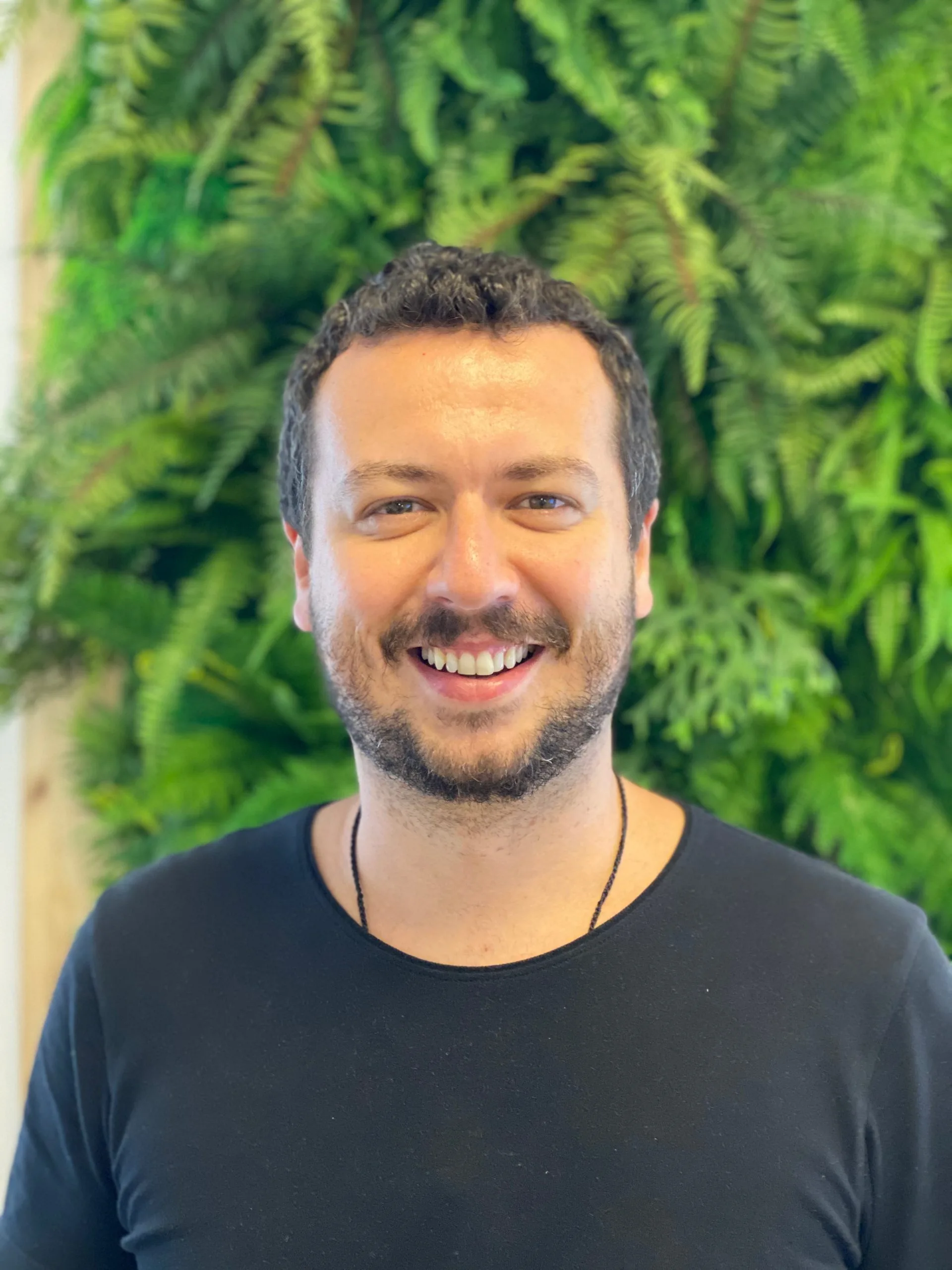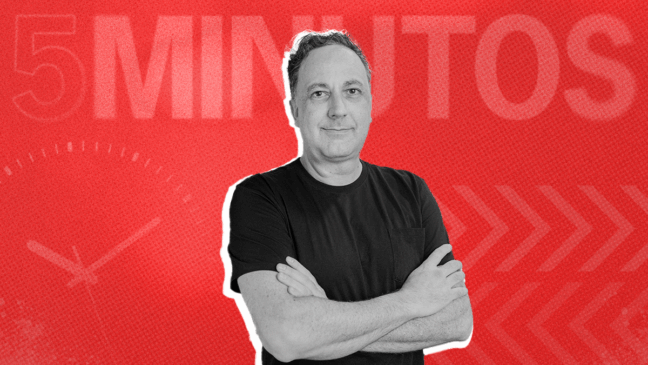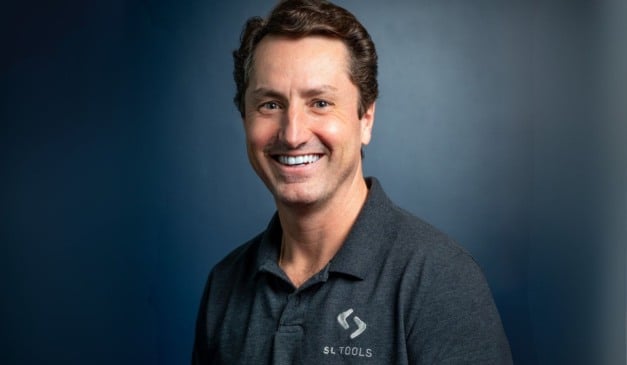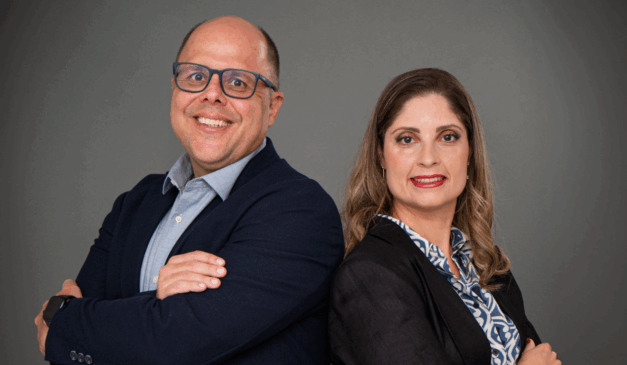
Brazil-based startup Zen will launch a new online class platform focused on yoga teachers, which should increase the company’s revenue by more than 40% in 2022. The product boosts the firm’s offering, which also includes a homonymous meditation app that has reached over 4 million downloads and Zen Wellness, an online platform offering classes including yoga, recorded and produced by the company.
Founded by Christian Wolthers, who left the company last year to focus on the equity crowdfunding platform Vegan Business – and digital influencer Juliana Goes, Zen’s current CEO is co-founder Matheus Benatti, who took over in November 2021.
“[The increasing demand for] meditation apps was the evidence of the extent of the impact of the pandemic on people all over the world. There was a significant demand for yoga classes, but at that time [at the start of the crisis], Zen was an audio-based experience and could not support video content”, said Benatti, in an interview with Startups.
The company then invested in a studio and production facilities, as well as instructors. Zen Wellness was then launched in November 2020, with yoga, pilates, and meditation classes broadcast through the platform, which currently has over a thousand users. Partners such as corporate wellness firm Gympass consume Zen’s content through APIs.
“When we launched Zen Wellness, we were approached by a lot of instructors, who wanted to understand the experience and how they could teach through our platform. However, the idea was not to create a marketplace”, explains Benatti. “On the other hand, the sound and broadcast quality, as well as the user experience that we provided was completely different from what the instructors were able to offer. So we decided to test the hypothesis of a product that would address those issues.”
Improving online classes
Zen started the process of validating a product based on technology and services to support online classes teachers in September 2021. The company built a prototype with the help of some instructors, and within a week, the MyMat proposal was created.
With marketing tools and student billing management features, MyMat will be launched in March. The product is an alternative to Zoom, a videoconferencing platform many yoga instructors resorted to as classes went online. According to Benatti, this solution posed a series of difficulties.
“Many teachers want to play music during classes. However, Zoom’s technology distorts ambient sound, resulting in a muffled sound. Students would join class with their mics on or turn their mics on during meditation sessions, and all that disturbs the experience. We mapped all of these issues with professionals so that MyMat could address these and other needs”, he noted.

To enable instructors to teach and, at the same time, check the needs of students throughout the session, professionals will have the option to host live or guided classes. In latter scenario, the professional hosts an initial class live, which gets recorded, and guides students as they follow the recorded sessions.
According to Benatti, MyMat is not a SaaS (software as a service) platform. The business model will be similar to that of Brazilian creator economy firm Hotmart, in which the company charges a percentage of the amount charged by professionals. Zen will take a 15% cut of the classes taken through the platform. The goal is for instructors to have 10 students at an average ticket of BRL 230 (USD 41) per month.
“We’ll invest in training these professionals, democratizing marketing knowledge, and positioning the brand on social networks, so that teachers can attract more students. Our business will only grow if [the instructors] thrive on the platform,” said the CEO at Zen.
Round in the horizon
The goal is to grow Zen’s revenue from USD 636,3 million to USD 909 million in 2022, with the addition of MyMat to the company’s offering. Today, about 80% of the firm’s revenue comes from the app, which includes meditation and insomnia products. The remaining 20% comes from Zen Wellness.
The next steps in the company’s five-year business plan, according to Benatti, include offering online yoga training programs aimed at instructors, as well as expanding MyMat to Latin markets.
According to Benatti, the fundraising round is also in the horizon for the company, which has some strategic investors such as Michael Jones, CEO of the fund Science, who owns 23% of the Brazilian startup. “We are not [raising capital] at the moment, but we are open to conversations and listening to the market”, he concluded.
Translation by Gabriela del Carmen, editing by Angelica Mari








